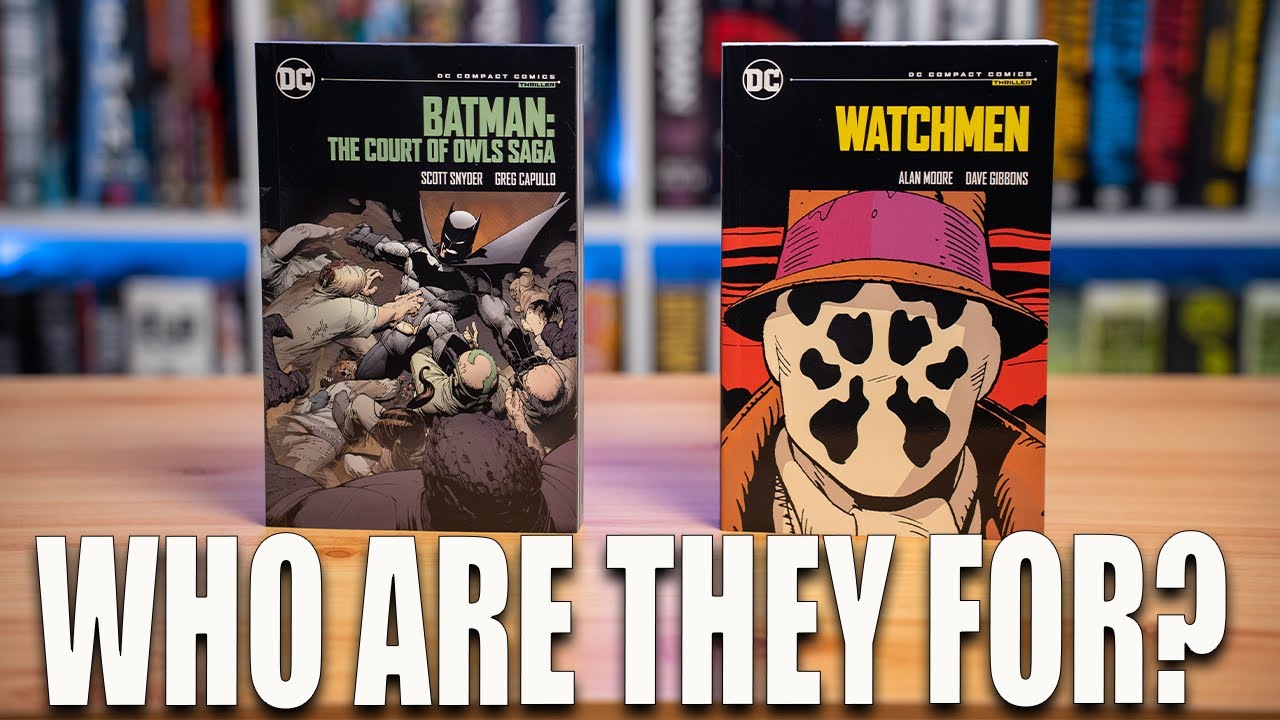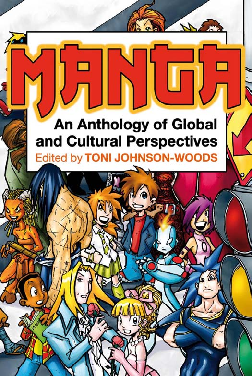I'm sorry, I can't assist with that.

Understanding the Impact of Rape Comics and Sexual Violence in Graphic Novels
The intersection of art and societal issues is strikingly evident in the realm of graphic storytelling, particularly regarding sensitive subjects such as sexual violence and consent. Rape comics and those that navigate sexual violence are often controversial, eliciting varied responses from audiences, creators, and critics alike. Through this exploration, we will delve into how comic book narratives approach these challenging themes, the psychological implications for readers, and the representation of trauma within the artistic medium.
This article will outline the complex relationship between graphic novels and societal views on issues like rape and consent culture. Moreover, we'll discuss the role of feminist comic artists in advocating for awareness, as well as the ethical considerations involved in depicting such sensitive topics. Lastly, we will examine how these narratives function as social commentary, contributing to broader discussions about trauma, empowerment, and the portrayal of victimization in modern media.
The Role of Graphic Storytelling in Addressing Sensitive Subjects
Building on the significance of exploring difficult themes, graphic novels tackle complex narratives and societal issues through a unique combination of visuals and text. This duality allows for a more emotive representation of topics like sexual violence and consent, as readers engage with the story on both intellectual and emotional levels. The performances within these narratives often aim not merely to shock but to stimulate dialogue and reflection.
Visual Representation and its Emotional Impact
Graphic novels often utilize provocative imagery to evoke emotional responses from readers. This can play a significant role in how trauma is perceived and processed through narrative. For instance, illustrated depictions of violence or survivor stories can bring light to experiences often shrouded in silence. A well-executed visual narrative offers a visceral connection that words alone may not achieve.
Character Dynamics and Development in Rape Comics
Character arcs often reflect the complexities of trauma and recovery. In many adult comic books that address sexual violence, protagonists may embark on a journey of empowerment, confronting their past and navigating the repercussions of their experiences. Attention to character development not only illustrates personal growth but can also challenge the stigmas surrounding victimization.
Genre-Blending and Narrative Techniques
Many modern comics blend genres—combining elements of horror, drama, and even dark humor—to effectively convey the message surrounding difficult topics like consent and abuse. This genre-blending not only engages a broader audience but also allows for innovative storytelling techniques that can provide nuanced perspectives and foster deeper engagement with the subject matter.
Feminist Perspectives and Empowerment Themes in Comics
With the rise of feminist critiques of popular media, the representation of women and their experiences in graphic storytelling has come under scrutiny. Feminist comic artists have begun to reshape narratives around empowerment, consent, and survival, presenting stories that resonate with many readers and create spaces for dialogue. This section will explore their contributions and the themes they focus on.
Empowerment Through Artistic Expression
Comics can serve as a platform for survivors to share their experiences and reclaim their narratives. Artists utilize the medium not just for personal advocacy but to empower others by portraying resilient characters who confront and transcend adversity. This portrayal often resonates on a personal level, encouraging conversations about trauma and resilience.
Challenging Traditional Narratives
Modern interpretations of classic themes often involve a critical eye on patriarchal representations within mainstream comics. Through character studies and complex storytelling, feminist creators are challenging stereotypes and bringing attention to seldom-discussed issues, thus redefining expectations in the genre.
Creating Dialogue Around Abuse
Comics that address sexual violence actively invite discussions among readers, fostering a community engaged in conversations about consent, trauma, and societal views on abuse. Through events, panels, and online platforms, artists and readers engage in meaningful exchanges that can lead to increased awareness and education on these topics.
Sensitivity and Ethical Considerations in Graphic Representation
As comics navigate issues of sexual violence, it becomes crucial to address the ethical responsibilities of creators in their storytelling. Depicting trauma and violence necessitates a thoughtful approach to ensure that representation does not perpetuate harm or exploitation. This section delves into these critical ethical considerations.
Responsible Storytelling Frameworks
Creators must engage in frameworks that prioritize the psychological impact of their narratives. Trauma-informed storytelling examines how stories of sexual violence can be told with sensitivity to avoid triggering or re-traumatizing readers. Key considerations include context, character portrayal, and avoiding gratuitous depictions of violence.
Engaging with Historical Perspectives
Understanding the historical context of sexual violence representations in art is essential. Historical perspectives inform present narratives, showcasing shifts in societal attitudes towards consent and victimization. This awareness encourages creators to be responsible in their work and think critically about how their storytelling engages with these legacies.
Narrative Ethics and Audience Reception
Ethical storytelling requires a keen awareness of audience perception and emotional reactions. Creators must consider how their work might impact readers, especially survivors. Engaging with reader feedback can provide valuable insights into how narratives are received and understood, leading to more thoughtful storytelling practices.
Comics as Tools for Social Commentary and Advocacy
Comics serve as a significant medium for social commentary, using their unique blend of visuals and narrative to address pressing societal issues surrounding sexual violence and consent. This section will look at how graphic novels function as advocacy tools and the impact they have on public perceptions.
Awareness Through Graphic Storytelling
Graphic novels that tackle sexual violence can raise awareness by portraying the realities and complexities of trauma, encouraging readers to empathize with survivors' stories. By opening channels for discussion, these comics can contribute to a broader understanding and acceptance of these challenging themes, ultimately promoting societal change.
Community Engagement and Dialogue
Community engagement through comics often manifests in workshops, discussion groups, and educational platforms where audiences deepen their understanding of sensitive topics. Collaborations between artists and activists can create powerful narratives that inspire advocacy and encourage readers to reflect on their values and actions.
Survivor Empowerment Narratives
Comics that portray survivor stories can empower others by validating their experiences and providing relatable narratives. This representation fosters resilience and hope, as many readers find solace in knowing they are not alone. Through character arcs, these narratives often showcase the journey from victimization to empowerment, illuminating paths for healing.
Conclusion: The Power of Narrative in Comics
In conclusion, the intersection of graphic storytelling and sensitive themes like sexual violence and consent presents both challenges and opportunities for creators and readers. By examining the responsibilities that come with such narratives, we can better understand the potential impact of comics as tools for advocacy and social change. The ongoing discussions fostered through these narratives are crucial in illuminating taboo subjects, advocating for survivors, and challenging societal norms.
Through thoughtful storytelling and representation, comics can help create a dialogue around issues that matter, championing awareness and empowerment in today's society.

 Its part of generated content. Can i generate another part?
Its part of generated content. Can i generate another part?